Otago's Trailblazer, Isabel Turnbull: The University of Otago’s first female Humanities lecturer30/12/2022 By Gwynaeth McIntyre and Tyler BroomeMary Isabel Turnbull was born on 28 February, 1895 in Greymouth to Sarah Ann Blewett (of Cornish origin; born in Australia) and William Turnbull (from Linlithgow, Scotland). Her family settled in Dunedin in 1896. She enrolled for a Bachelor of Arts at the University of Otago in 1913. Her course primarily consisted of Latin and French courses, but also included some English and Political Economics classes. In 1916, Isabel began her BA Honours studies in Latin and French. At the time, the University of New Zealand had a provision whereby a student who received First Class passes in a subject at Honours level could be awarded an MA; Isabel was awarded hers in 1917. Teaching and Career From 1915-1917, Isabel was hired as the assistant to the Lecturer in Latin, Professor Thomas Dagger Adams: a role which seems mostly to have consisted of marking with some lecturing, like a modern tutor. At the end of 1917, when Prof. Adams enlisted for military service, there was a scramble to find a suitable replacement. Newspaper reports of several Military Service Board meetings illuminate the discussions: They were looking for a man, and recognised that while Isabel had been “assisting” Mr Adams, “a girl of 20 could not be expected to take up the work if Mr Adams went”. Ultimately, on Prof. Adams’ recommendation, Isabel was asked to teach the Senior and Advanced Latin classes. This would be extended to include the Junior and Honours classes the following year, for a total of 54 students across all classes. Another significant aspect of her time as acting lecturer In Prof. Adam’s absence was her appointment to the Professorial Board in April of 1918. This Board was one of the governing bodies of the University, responsible for setting lecture and examination schedules, and consulting with the University Council on any matter of importance. Thomas Adams had been on the board for a few years prior to his actual appointment to Professor in 1917, and so Isabel was brought into these meetings to occupy the role normally filled by the head of Classics. She was one of only two women on the board at the time – the other being Professor Winifred Boys-Smith of Home Sciences – and she was the only woman from outside of Home Sciences to sit on the Professorial Board for at least a few decades. The visual of this image is very telling: a young, recently graduated woman involved in the high-level administration traditionally dominated by older men. After Professor Adams’ return to teaching in 1920, it becomes a little more difficult to identify specific details about Isabel’s teaching. Her Latin classes spanned a range of texts from authors such as Virgil, Cicero, Livy, Horace, Sallust, and Plautus. In addition to teaching the language itself, the examination topics set by the University of New Zealand would have required Isabel to provide background on the Late Republic and 1st century Imperial periods, effectively combining a modern language and history course. It is clear that at some point (perhaps quite early on) Isabel became involved with the running of the Greek History, Art and Literature (HAL) course. Introduced in 1922, this was the first Classics course in New Zealand which did not require knowledge of the ancient languages, and marked a significant step toward reducing the barriers toward Classical Studies for the typical student. In 1927-1928, Isabel registered with the British School at Athens, taking a trip to Greece and Constantinople to gather material for the teaching of the HAL course. Isabel remained a fixture of Otago’s Classics Department until her retirement in 1950, aged 55 – the compulsory age of retirement for women in teaching at the time. Her 35-year career was one of the longest for any academic in the Humanities at Otago at that time. Museum, Research, and Public Engagement During her career, Isabel had some involvement in the Otago Museum’s Greek and Roman coin collection. She appears to have been responsible for cataloguing the Troas, Aeolis, Lesbos, Central Greece, and Euboea Greek coins and she gave a paper at the Royal Numismatic Society of NZ, which was then published the year after her retirement (1951), on “Greek Coins from the Fels Collection in the Otago Museum.” Isabel gave a number of public lectures over the course of her career. Topics ranged from Homer’s Odyssey and the myths of Plato, to daily life in Greece and Rome, to Classical reception and modern comparisons (“Virgil’s influence on Tennyson”; “The Roman Empire, old and new” which compared the Roman empire with Mussolini’s developing fascist government in Italy). In later years, Isabel delivered educational lectures over Dunedin’s 4YA national radio station on a number of topics related to women in the ancient world, particular authors (such as Seneca and Pliny the Younger) as well as “myth-busting” popular fallacies (‘That the Ancient Britons Were Savages’). These lectures were nationally broadcast, and made up a core part of New Zealand’s early broadcasting history. Isabel presented a more nuanced view of women’s role in ancient society than the traditional point of view and she was at the forefront of new attitudes towards women’s roles in the ancient world and in modern academia. "The fact that people instinctively shrink from the thought of the Imperial Roman matron in her splendour and virtue was one that had to be taken into consideration by the lecturer, who explained it as being due to three main causes – the transformation of Rome from a simple agricultural State to a great empire; the influence of Greek literature which taught the Romans love of rhetoric; and the ideal of stoicism borrowed from Greek philosophy. Her descriptions of the women of literature and history, however, were so aptly chosen that the impression given to the audience was that the Roman woman was a very human creature, the women presented including characters from the comedian Plautus – both matrons and otherwise – from the letters of Cicero and Pliny, and from history, especially the noble Livia and her ignoble stepdaughter Julia." (Otago Daily Times, 27 July 1934, page 16) Member and Leader of Academic and Women’s Societies Isabel was closely involved in several academic societies during her career. She was the Honorary Secretary of the Archaeological Section of the Otago Institute (now part of the Royal Society of New Zealand) at its first general meeting in 1921, and held this role until at least 1923. She was also involved in the founding of the Otago Classical Association, and served on its committee throughout her career. Isabel was also on the Council of the Association of Friends of the Otago Museum, from its inception in 1926. As the first female academic in the Humanities at the University of Otago, Isabel was involved at an early stage in some of Otago and New Zealand’s women’s societies. She was active in the Otago University Women’s Association (OUWA, est. 1914) as early as 1916, where she was appointed to assist new female students in the Arts Faculty in a mentoring capacity. She was later elected to the OUWA committee in 1917. She was also involved in early discussions regarding the New Zealand Federation of University Women (NZ FUW), in particular regarding its integration with the OUWA. She later held notable roles in the Otago branch of the NZ FUW, joining its committee in 1937, before becoming vice-president in 1940, then president from 1941-1942. In this capacity, she was responsible for maintaining connections with other branches of the NZ FUW and the International Federation of University Women, as well as promoting collegiality among Otago’s women graduates through regular meetings, and an afternoon tea for recent graduates. Conclusion Isabel was quite the trailblazer, working in places where no woman had worked before, and serving as a role-model for the women who came after her. She almost single-handedly managed the Classics teaching program for 3 years and, together with Prof. Adams, laid the groundwork for what Classics at Otago would become. In addition to her other contributions, she was instrumental in bringing the study of women in the ancient world to both an academic and a public audience in Dunedin, New Zealand, and far beyond. Yet her story, and her contribution to Classics, Ancient History and Archaeology, has largely remained obscured and in the shadows. We hope this short blog serves to remedy this obscurity, and to shed some light on this amazing woman, and the incredible things she was able to accomplish in our field more than a century ago. References
Clark, A. (2018) Otago. 150 Years of New Zealand’s First University. Dunedin: Otago University Press. Acknowledgments Research into Isabel Turnbull’s career was generously funded by Andrew Calvert (a member of Isabel’s family). We are grateful for his support, knowledge, and encouragement which helped us bring Isabel’s incredible career and achievements to light. Thank you to Moira White at the Otago Museum for access to the Museum’s records of the Classics Teaching Collection and for permission to publish Isabel’s handwritten notes. This project could not have been completed without the help from the librarians at the Hocken Library at the University of Otago. Their expertise and assistance in helping us locate relevant information in the archives and granting permission to publish this material has been truly invaluable.
0 Comments
|
Blog Subjects
All
About the BlogThe contribution made by women to ancient world studies in Australia and New Zealand has often been neglected. Our blog aims to bring you new research and insights into some of these remarkable women. Write for the BlogWe are currently seeking contributors to the blog. If you would like to write your own entry on any aspect of the history of women in ancient world studies, please get in touch with your idea and a draft outline of your entry via [email protected] Archives
January 2024
|
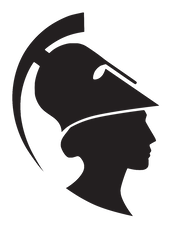
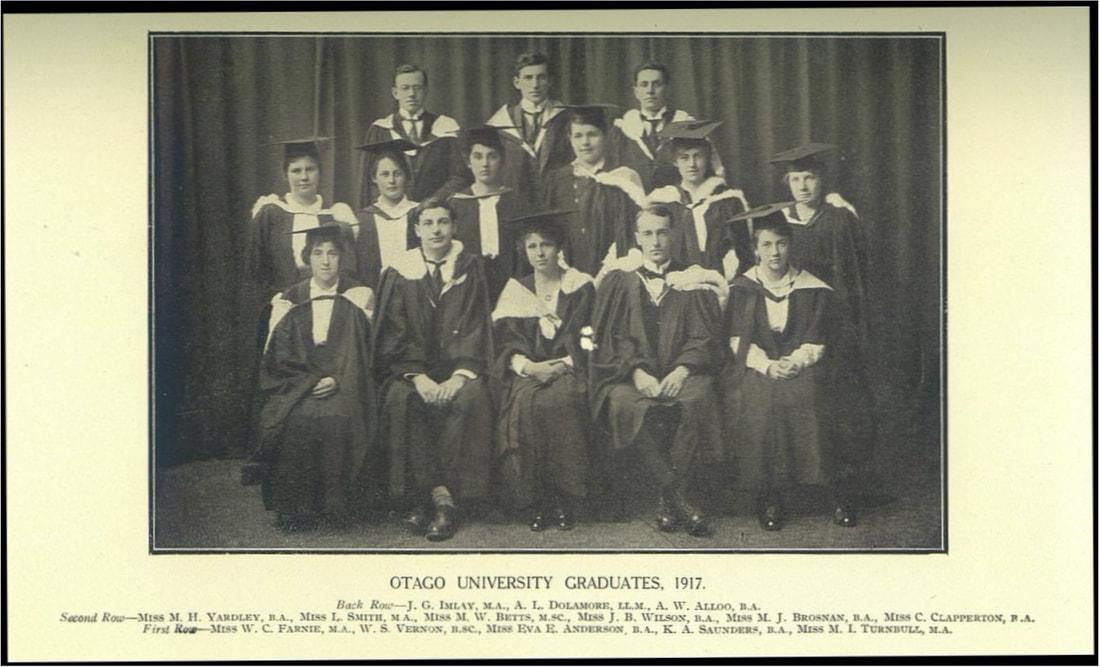
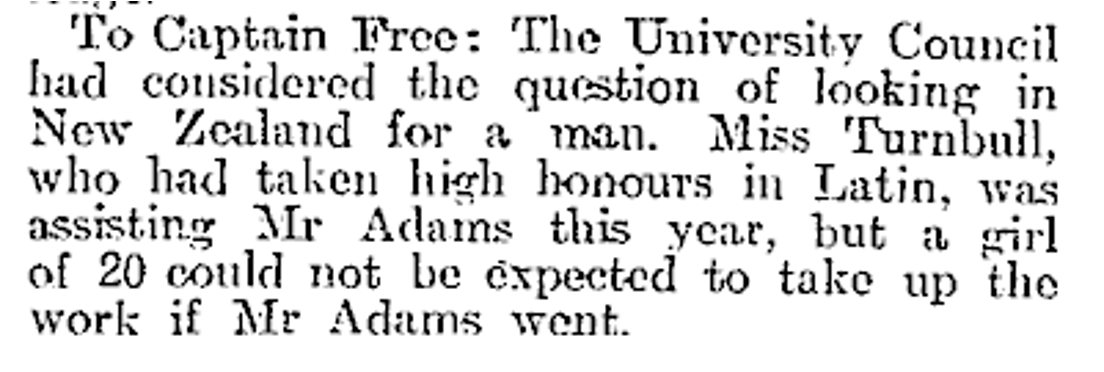
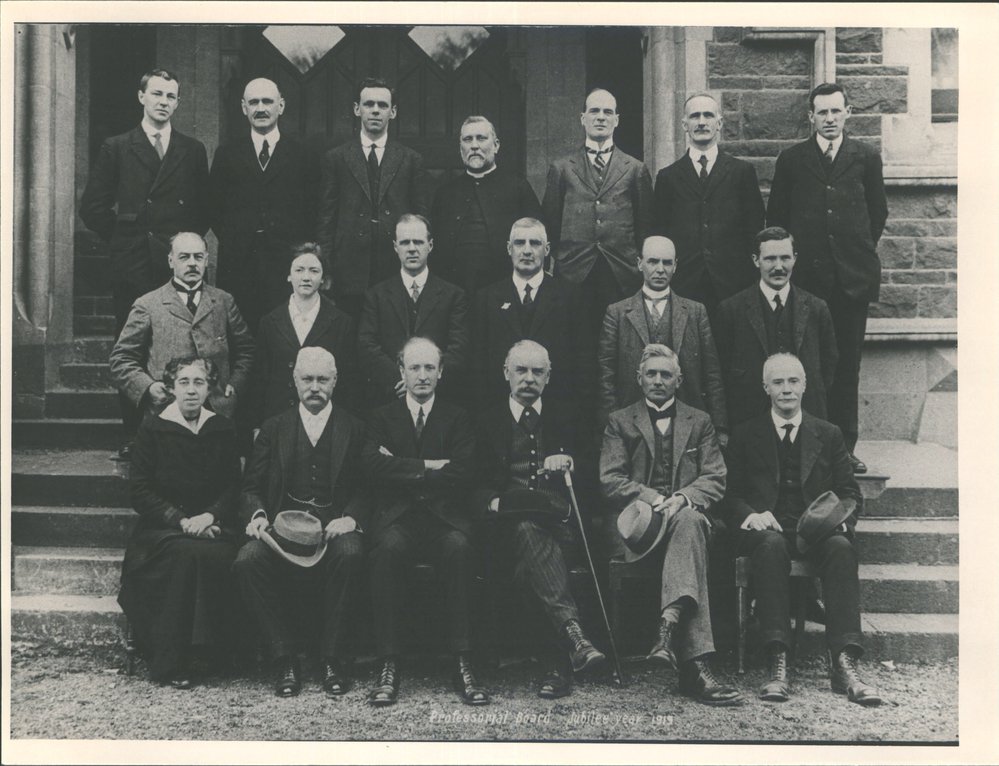
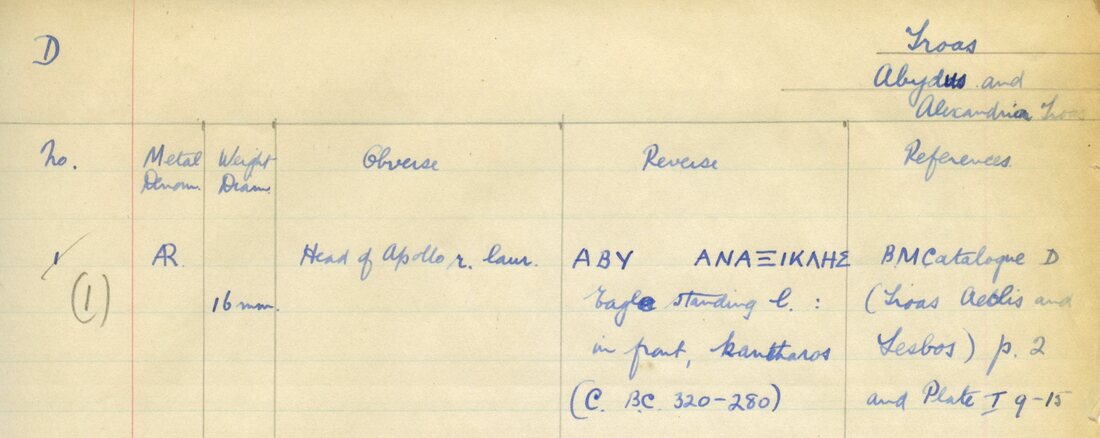
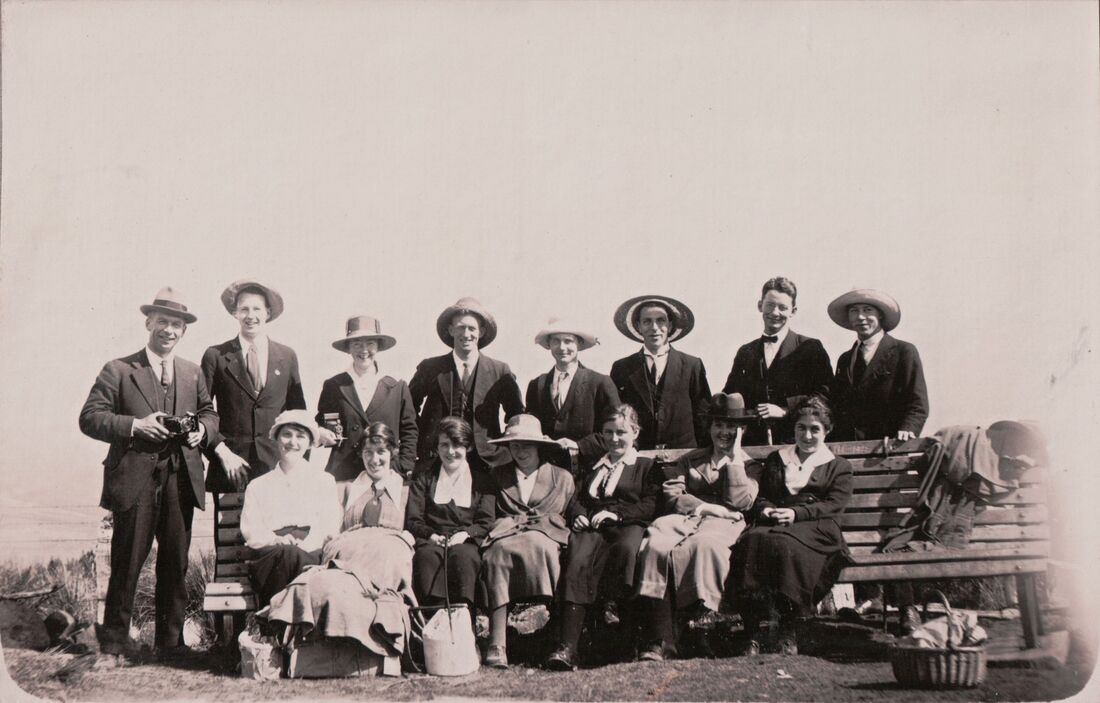
 RSS Feed
RSS Feed